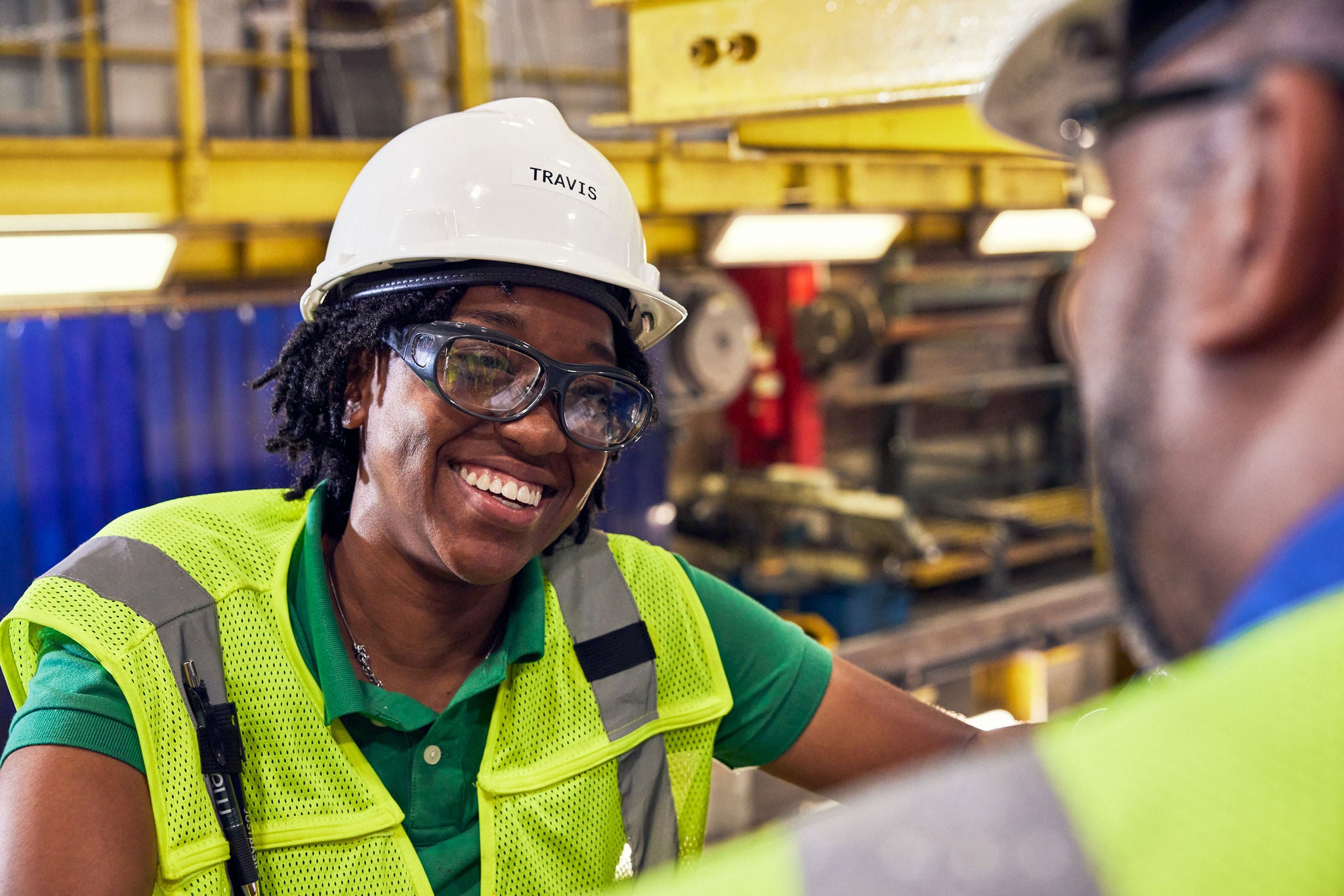
Chicago’s $12 billion infrastructure overhaul, combined with its status as a manufacturing and transportation hub, has created a surge in demand for skilled mechanical trade professionals. From maintaining the CTA’s hybrid bus fleet to retrofitting downtown skyscrapers with energy-efficient HVAC systems, mechanical careers offer competitive wages, union benefits, and long-term job security. This guide provides a detailed roadmap to navigating licensing requirements, apprenticeship programs, and career pathways in Chicago’s thriving mechanical trades sector.
Chicago’s aging infrastructure and green energy initiatives are driving unprecedented opportunities for mechanical professionals. The city’s 2024 Infrastructure Plan includes repairing 300 bridges, expanding the Red Line, and retrofitting municipal buildings with geothermal systems—projects requiring thousands of skilled workers.
According to the U.S. Bureau of Labor Statistics, industrial machinery mechanics in Illinois will see 15% job growth by 2033, while elevator mechanics and HVAC technicians are projected to grow by 10% and 8%, respectively. Salaries in Chicago often exceed national averages due to union influence and the high cost of living.
| Trade | Median Salary (2024) | Top Employers | Key Projects |
|---|---|---|---|
| Elevator Mechanics | $78,000–$95,000 | KONE, Thyssenkrupp | O’Hare Terminal 5 Modernization |
| Industrial Machinery | $61,000–$80,000 | Ford, PepsiCo | Ford Electric Vehicle Plant (Torrence Ave) |
| HVAC Technicians | $55,000–$81,000 | Peoples Gas, Siemens | McCormick Place Net-Zero Retrofit |
| Transit Diesel Techs | $68,000–$85,000 | CTA, Metra | CTA Electric Bus Fleet Expansion |
Licensing in Chicago varies by trade, with strict regulations for roles impacting public safety. Below is a breakdown of key requirements:
Elevator mechanics must obtain a state license through the Illinois Office of the State Fire Marshal. Applicants need a 4-year apprenticeship under a licensed supervisor, 144 hours of annual classroom training, and a passing score on the Qualified Elevator Inspector (QEI) exam. License renewal costs $150 every two years and requires 16 hours of continuing education. Unlicensed work can result in fines up to $10,000.
HVAC technicians handling refrigerants must earn EPA Section 608 certification. Commercial contractors need additional ICC (International Code Council) certification for energy compliance. The City of Chicago mandates $500,000 in liability insurance for contractors working on municipal projects like public school HVAC upgrades.
While no city license is required, employers like Ford and Caterpillar prioritize certifications such as the ISA Certified Control Systems Technician (CCST) or Fanuc Robotics training. These credentials can boost salaries by 20–25%.
Chicago offers multiple training pathways, including trade schools, community colleges, and union apprenticeships.
| Training Path | Duration | Cost | Institutions |
|---|---|---|---|
| Trade School | 6–24 months | $12,000–$22,000 | Coyne College, Universal Technical Institute |
| Community College | 2 years | $8,400 (in-state) | City Colleges of Chicago (Olive-Harvey, Daley) |
| Union Apprenticeship | 3–5 years | $0 (employer-paid) | IUEC Local 2, Pipefitters Local 597 |
Trade schools like Coyne College offer accelerated programs in diesel technology, while City Colleges of Chicago provide affordable associate degrees in industrial maintenance. Union apprenticeships, such as the International Union of Elevator Constructors (IUEC) Local 2 program, combine paid work with classroom instruction.
Apprenticeships are the most cost-effective route, offering wages during training and guaranteed job placements.
| Program | Duration | Starting Wage | Post-Graduation Benefits |
|---|---|---|---|
| CTA Diesel Mechanic | 3 years | $23/hour | Union wage ($41/hour), pension |
| Pipefitters Local 597 | 5 years | $22/hour | $45/hour wage, healthcare, annuity |
| MCA Smart HVAC | 4 years | $20/hour | $70,000+ salary, IoT certification |
The CTA’s apprenticeship program, for example, trains technicians to repair hybrid engines and charging stations, with 94% of graduates securing union roles.
Exams are critical for regulated trades. Elevator mechanics must pass the national QEI exam, which tests knowledge of ASME safety codes. HVAC contractors take the ICC Commercial Energy Code exam, emphasizing Chicago’s 2024 sustainability standards. Free exam prep is available through organizations like HIRE360, which reports an 88% pass rate for its QEI workshops.
Entering the mechanical trades requires upfront costs, but apprenticeships minimize debt.
| Expense Category | Cost Range | Funding Resources |
|---|---|---|
| Trade School Tuition | $8,400–$22,000 | Illinois AIM HIGH Grant ($5,000) |
| Tools/Equipment | $2,000–$10,000 | HIRE360 Tool Lending Library |
| Certification Exams | $50–$300 | Union Reimbursement Programs |
Transit Electrification Technicians
Geothermal HVAC Installers
Robotics Maintenance Technicians
Building Automation Specialists
Target High-Demand Areas: The Auburn Gresham logistics hub needs 50+ forklift mechanics, while O’Hare’s Terminal 5 expansion requires 1,200 HVAC technicians.
Leverage Free Resources: HIRE360 offers tool rentals and exam prep, while City Colleges of Chicago provide tuition-free programs for low-income residents.
Avoid Pitfalls: 43% of 2024 apprenticeship applicants were rejected for incomplete paperwork. Use checklists from unions like Pipefitters 597 to streamline applications.
Chicago’s mechanical trades offer a resilient career path with opportunities to work on transformative projects. From modernizing the CTA’s fleet to pioneering green energy solutions, skilled professionals are in high demand. By leveraging apprenticeships, certifications, and union resources, aspiring tradespeople can build lucrative careers without the burden of student debt.
Next Steps:
Attend the Chicago Mechanical Contractors Association’s 2024 Career Fair (October 15–17).
Explore apprenticeship openings at HIRE360.org.
Contact IUEC Local 2 or Pipefitters 597 for mentorship opportunities.
Sources
Illinois Office of the State Fire Marshal – Elevator Licensing
Chicago Department of Buildings – Contractor Guidelines
U.S. Bureau of Labor Statistics – Occupational Outlook Handbook
CTA 2024 Labor Report
MCA Chicago – HVAC Training Pathways
City Colleges of Chicago – Workforce Development Programs
Illinois Manufacturing Excellence Center – Robotics Training
HIRE360 Chicago – Apprenticeship Resources

